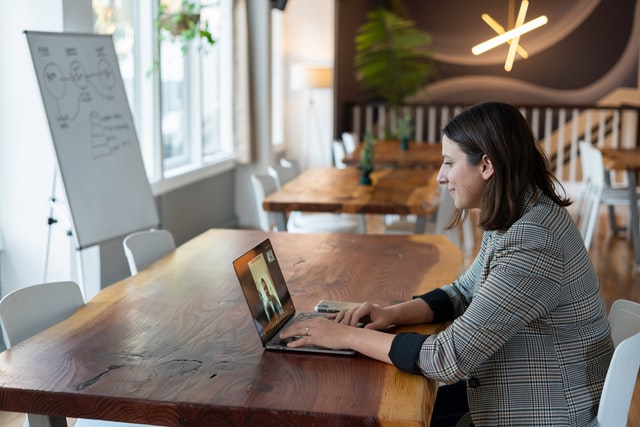For those who are looking to take better care of their mental health and overall disposition, the concept of online therapy has become more and more normalised and de-stigmatised. The numbers don’t lie, there are more and more people in need of taking better care of themselves, particularly as the aftereffects of the pandemic ripple through our society and into each of our lives in different ways.
This is where the practicality and enhancements being made to our communication systems has allowed online therapy to take off as well as it has. Not only have updates to bandwidth have enabled more sites and functions to operate seamlessly, but also more securely and without the inherent danger of data breaches and privacy ailments that plagued the internet of yesteryear.
The stigma of seeking professional help for our mental health has also become old fashioned with each passing year, introspection and the clear dangers of not taking care of these vital aspects are giving people the motivation to find online therapy.
This article will go over the fundamentals of online therapy and go a little deeper into some of the reasons why it’s become more normal and encouraged to seek help.
Technologically viable
The viability and ability for more people to seek out online therapy is one of the foundational reasons for its resurgence in popularity. The ability to communicate with a dedicated and trained specialist securely and remotely is enough of a reason to have a little more faith in the system.
Couple this with the convenience factor of being able to discuss issues from within your own home or wherever you feel safer, and you have a very compelling reason as to why there has been such a bigger up taking in the systems. With the recent pandemic relegating many people in their homes on a more permanent basis, the physical visitation of healthcare professionals also necessitated alternatives to be created.
Secure applications like Zoom and other encrypted methods of communication have alleviated previous worries regarding safety and security of data and information. This has entrusted online therapy with more gravitas and trustworthiness.
Looking inward

The statistics are quite worrisome for many, with mental health related issues on the rise in the last decade and quickly accelerating in the pandemic and lockdown periods – this has more Aussies looking inward and focusing on the issues that were once ignored or played down for fear of ostracization.
Online therapy has allowed more people to take the brave first steps in determining the issues that are ailing them and feel the comfort in discussing these issues with a healthcare professional who has all the same caveats and training as an in-house professional.
Talking openly
Online therapy has also broken down the common barriers we had as a society related to the notion of seeking help. The trained professionals who provide online therapy have allowed more people to find their comfort zone in discussing controversial or personal topics. The openness of society in being a little more empathetic and understanding of each other has also been a grand contributor to the status quo shifting towards a more open dialogue of what it means to be okay.
Online therapy still has a few obstacles to navigate in terms of breaking into the mainstream culture. However, if the trend continues onward for sites that offer the service, there’s no reason to think that online therapy will be as normal as Facebook soon enough.

